Between 2020 and 2021, a quarter of a billion pounds was spend on the purchase of landed estates through Savills.
The record amount is the result of a 119% rise on the previous year despite the number of estates marketed being static at 36.
Of the estates marketed, 17 were offered for sale privately and 28 found buyers within the year.
Around two-thirds of the buyers were UK-based, with the rest coming from abroad which has been the pattern for a number of years.
Just over half of the buyers were individuals or families while the rest were entities such as charities, corporations and investment funds.
The largest estate sold was 15,708 acres and the smallest was 166 acres, with an average of 3,860 acres.
Most expensive
The most expensive estate went for £40m, with the average at £8.8m which was a rise of 87% on the year. This underlines that demand is continuing to outstrip supply in the land and property market in Scotland.
The rise in purchases has been driven by a number of factors according to land agents.
Firstly, the COVID-19 pandemic has resulted in a significant proportion of the UK workforce operating frequently or even permanently from home.
This has unlocked hundreds of properties which previously were deemed too remote from large urban areas for living.
According to Savills, this has been particularly felt in Scotland, which has attracted people from across the UK to relocate.
In the Scottish estate sector, demand for residential estates where the majority of the capital value is vested in the main house and additional houses now accounts for 40% of sales, where previously it was only 30%.
The second and more significant factor according to Savills is the impact of the drive towards net-zero emissions of greenhouse gases and associated increase in tree planting.
The international drive from the corporate sector to develop carbon credits from newly created woodland and the restoration of peatland is pushing estate prices up and up.
Again, Scottish estates are attractive for planting where large swaths of Scotland are increasingly coming under trees.
The fast-developing carbon credit market is seeing traditional large mixed use upland estates being bought by institutional funds, corporate entities and charitable bodies.
According to Savills, these groups have a different approach to the traditional country landlord.
NFU Scotland slam
NZ trade deal
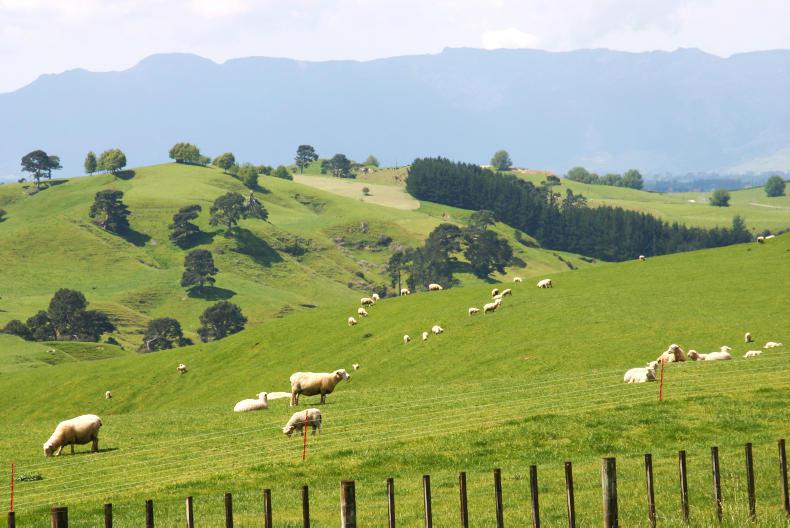
NFU Scotland is worried about the impact imports from New Zealand will have on Scottish farms.
NFU Scotland said the New Zealand free-trade deal grants unfettered access to the UK for the food-exporting country while offering virtually nothing to Scottish farmers.
The move threatens sensitive areas of dairy, beef, lamb and horticulture, which could be undercut by cheaper imports.
The UK Government’s free-trade agreement with New Zealand follows the Australian deal signed in June 2021.
The NFU Scotland believes these deals will see the UK potentially open up its borders to huge volumes of imported food, a significant proportion of which will have been produced in systems very different from here.
That threatens the viability of Scottish farmers and crofters at a time when consumer demand for local, sustainably produced Scottish food and drink is growing but food security remains in the spotlight.
NFU Scotland president Martin Kennedy said: “Our fears that the process adopted by the UK Government in agreeing the Australia deal would set a dangerous precedent going forward have just been realised. Having now signed off on a similar deal to grant unfettered access to New Zealand, another major food exporting nation, the cumulative impact of all such deals on farmers and crofters will be substantial.
“This latest deal offers virtually nothing to Scottish farmers and crofters in return but risks undermining our valuable lamb, beef, dairy and horticultural sectors by granting access to large volumes of imported goods.
“As with the Australian deal, a cap on tariff-free imports is merely a slow journey to allow New Zealand, a major exporter of food and drink, unfettered access to food and drink UK markets.
“We are ambitious to identify and grasp opportunities to build our industry and wider economy and our reputation for world-class produce. Trade deals could be an enabler of this, but it is going to require investment and collaboration between UK Government and the industry; collaboration which does not exist at present.”
NSA launches survey
on sheep worrying
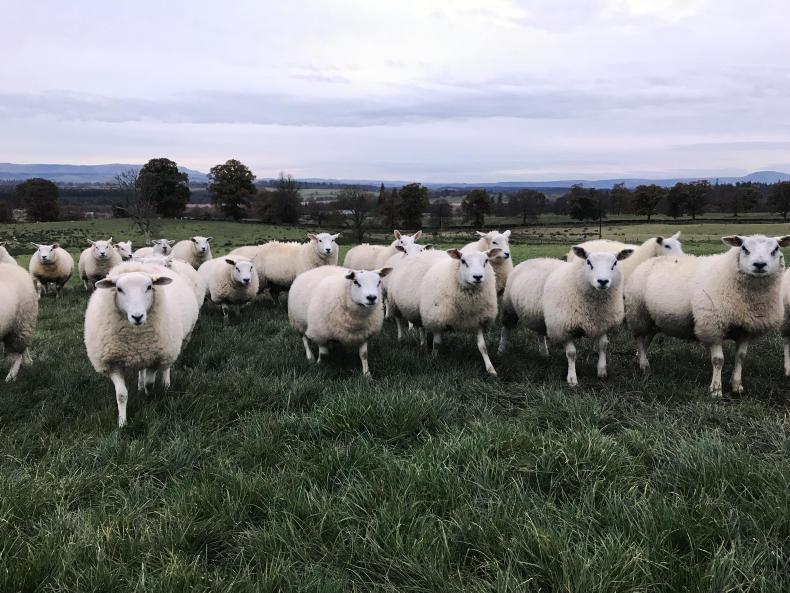
The NSA is holding a survey on sheep worrying.
As part of its ongoing work to highlight the serious and devastating issue of sheep worrying by dogs, the National Sheep Association (NSA) has launching its annual survey to gain an up to date insight on its continued severity and impact on the UK sheep industry.
Sheep worrying incidents by dogs cause significant welfare concerns for sheep and serious upset to sheep farmers whose flocks are affected.
To continue to raise awareness of these incidents and find ways of improving education, guidance and co-operation, the NSA is inviting all UK sheep farmers, whether they have experienced issues with sheep worrying or not, to contribute to the survey that will be open from now until 25 March 2022. The survey can be completed on www.sheepworrying.org.uk
NSA policy and technical officer Sean Riches said: “The NSA receives calls from distressed sheep farmers who have experienced attacks on their flocks on a very regular basis.
“As a nation of animal lovers, it is difficult to comprehend how these devastating attacks are allowed to continue. This is a serious welfare issue, where sheep are regularly subjected to threats by dogs who chase and cause physical harm.”
Between 2020 and 2021, a quarter of a billion pounds was spend on the purchase of landed estates through Savills.
The record amount is the result of a 119% rise on the previous year despite the number of estates marketed being static at 36.
Of the estates marketed, 17 were offered for sale privately and 28 found buyers within the year.
Around two-thirds of the buyers were UK-based, with the rest coming from abroad which has been the pattern for a number of years.
Just over half of the buyers were individuals or families while the rest were entities such as charities, corporations and investment funds.
The largest estate sold was 15,708 acres and the smallest was 166 acres, with an average of 3,860 acres.
Most expensive
The most expensive estate went for £40m, with the average at £8.8m which was a rise of 87% on the year. This underlines that demand is continuing to outstrip supply in the land and property market in Scotland.
The rise in purchases has been driven by a number of factors according to land agents.
Firstly, the COVID-19 pandemic has resulted in a significant proportion of the UK workforce operating frequently or even permanently from home.
This has unlocked hundreds of properties which previously were deemed too remote from large urban areas for living.
According to Savills, this has been particularly felt in Scotland, which has attracted people from across the UK to relocate.
In the Scottish estate sector, demand for residential estates where the majority of the capital value is vested in the main house and additional houses now accounts for 40% of sales, where previously it was only 30%.
The second and more significant factor according to Savills is the impact of the drive towards net-zero emissions of greenhouse gases and associated increase in tree planting.
The international drive from the corporate sector to develop carbon credits from newly created woodland and the restoration of peatland is pushing estate prices up and up.
Again, Scottish estates are attractive for planting where large swaths of Scotland are increasingly coming under trees.
The fast-developing carbon credit market is seeing traditional large mixed use upland estates being bought by institutional funds, corporate entities and charitable bodies.
According to Savills, these groups have a different approach to the traditional country landlord.
NFU Scotland slam
NZ trade deal

NFU Scotland is worried about the impact imports from New Zealand will have on Scottish farms.
NFU Scotland said the New Zealand free-trade deal grants unfettered access to the UK for the food-exporting country while offering virtually nothing to Scottish farmers.
The move threatens sensitive areas of dairy, beef, lamb and horticulture, which could be undercut by cheaper imports.
The UK Government’s free-trade agreement with New Zealand follows the Australian deal signed in June 2021.
The NFU Scotland believes these deals will see the UK potentially open up its borders to huge volumes of imported food, a significant proportion of which will have been produced in systems very different from here.
That threatens the viability of Scottish farmers and crofters at a time when consumer demand for local, sustainably produced Scottish food and drink is growing but food security remains in the spotlight.
NFU Scotland president Martin Kennedy said: “Our fears that the process adopted by the UK Government in agreeing the Australia deal would set a dangerous precedent going forward have just been realised. Having now signed off on a similar deal to grant unfettered access to New Zealand, another major food exporting nation, the cumulative impact of all such deals on farmers and crofters will be substantial.
“This latest deal offers virtually nothing to Scottish farmers and crofters in return but risks undermining our valuable lamb, beef, dairy and horticultural sectors by granting access to large volumes of imported goods.
“As with the Australian deal, a cap on tariff-free imports is merely a slow journey to allow New Zealand, a major exporter of food and drink, unfettered access to food and drink UK markets.
“We are ambitious to identify and grasp opportunities to build our industry and wider economy and our reputation for world-class produce. Trade deals could be an enabler of this, but it is going to require investment and collaboration between UK Government and the industry; collaboration which does not exist at present.”
NSA launches survey
on sheep worrying

The NSA is holding a survey on sheep worrying.
As part of its ongoing work to highlight the serious and devastating issue of sheep worrying by dogs, the National Sheep Association (NSA) has launching its annual survey to gain an up to date insight on its continued severity and impact on the UK sheep industry.
Sheep worrying incidents by dogs cause significant welfare concerns for sheep and serious upset to sheep farmers whose flocks are affected.
To continue to raise awareness of these incidents and find ways of improving education, guidance and co-operation, the NSA is inviting all UK sheep farmers, whether they have experienced issues with sheep worrying or not, to contribute to the survey that will be open from now until 25 March 2022. The survey can be completed on www.sheepworrying.org.uk
NSA policy and technical officer Sean Riches said: “The NSA receives calls from distressed sheep farmers who have experienced attacks on their flocks on a very regular basis.
“As a nation of animal lovers, it is difficult to comprehend how these devastating attacks are allowed to continue. This is a serious welfare issue, where sheep are regularly subjected to threats by dogs who chase and cause physical harm.”







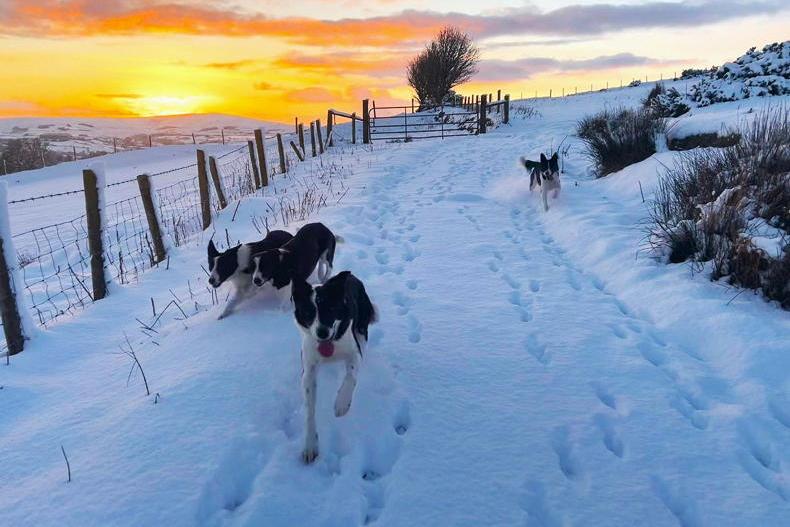
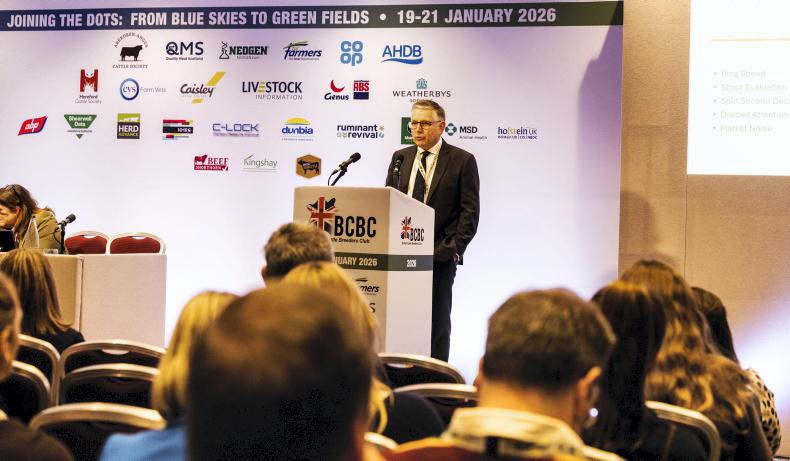
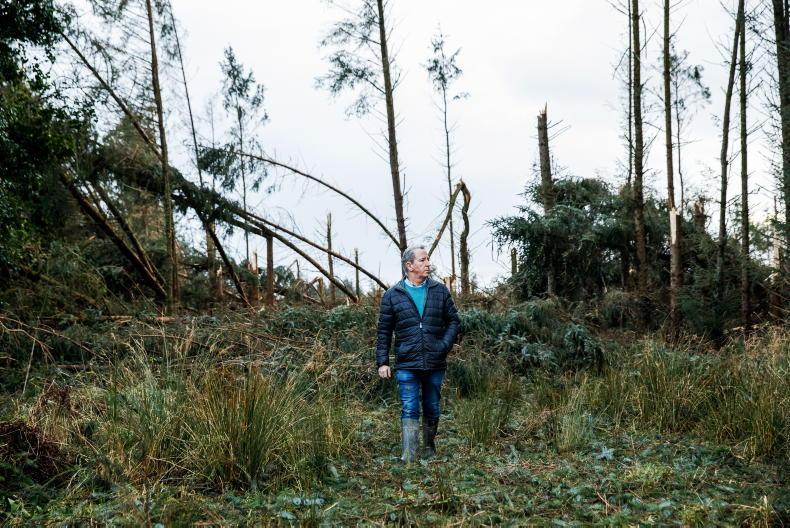
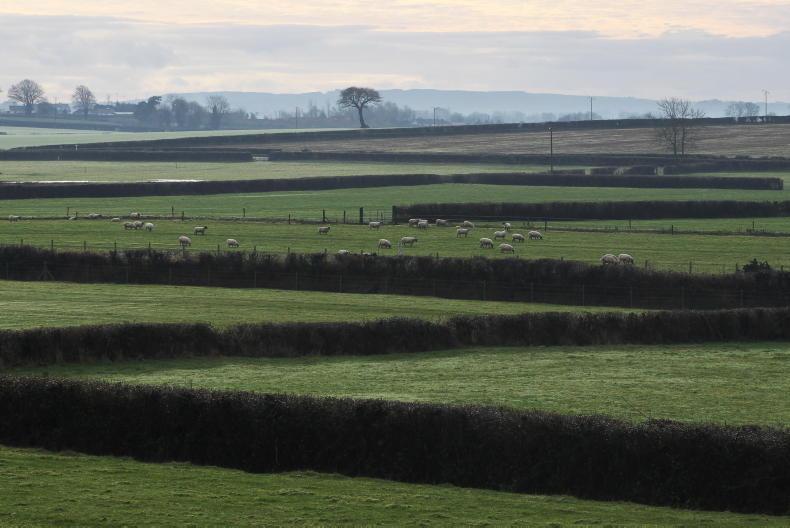
SHARING OPTIONS